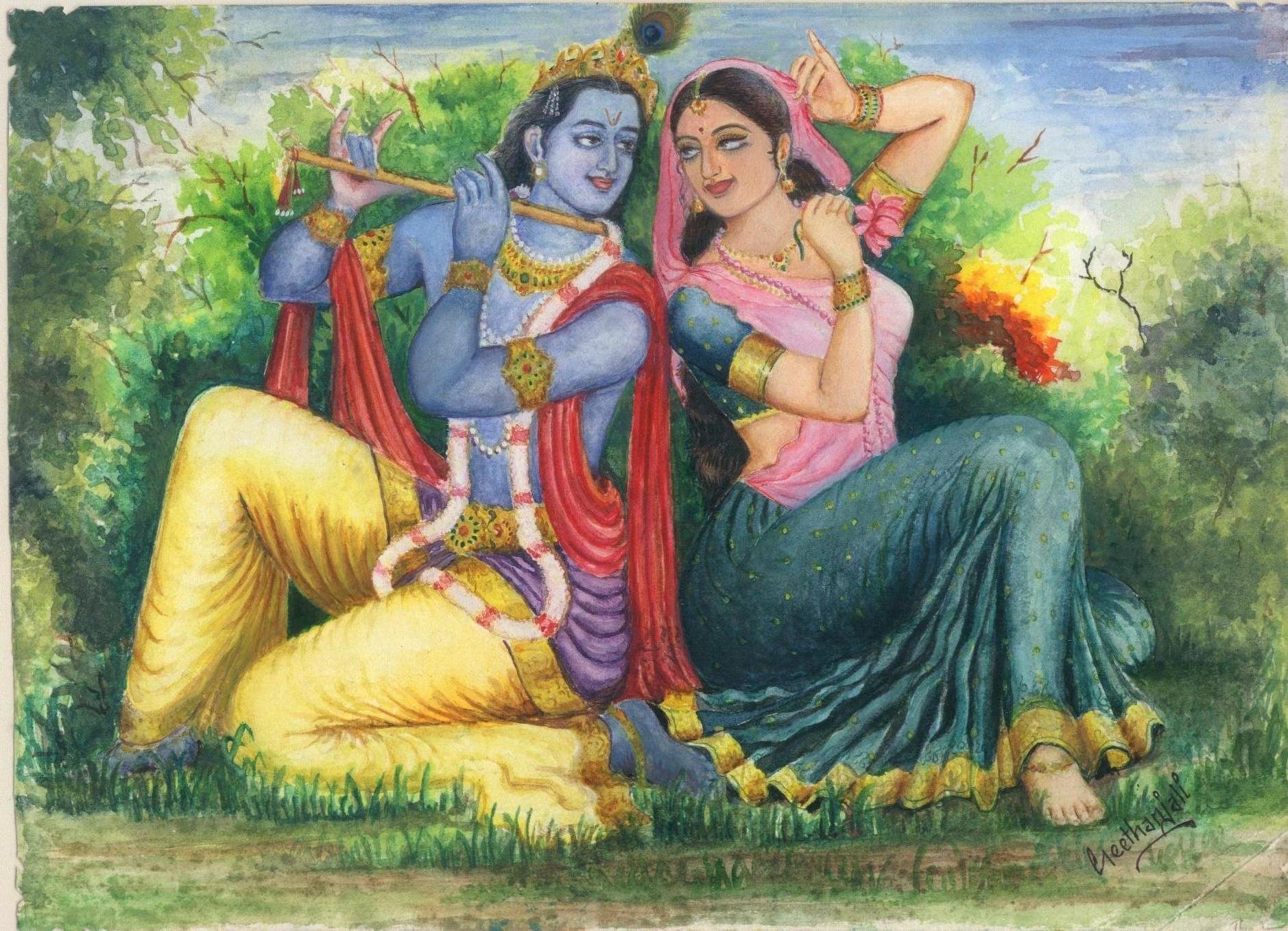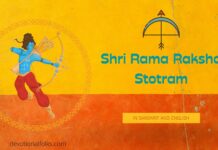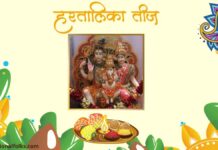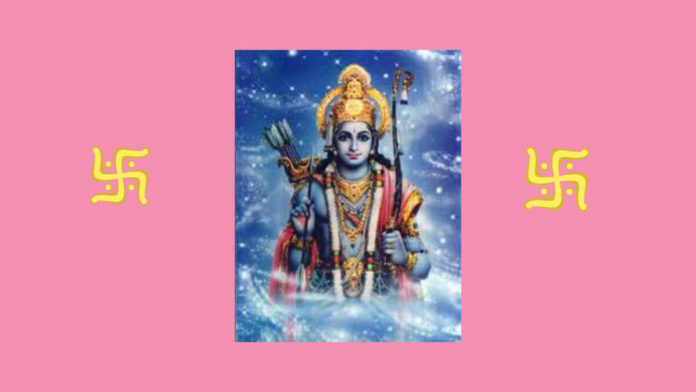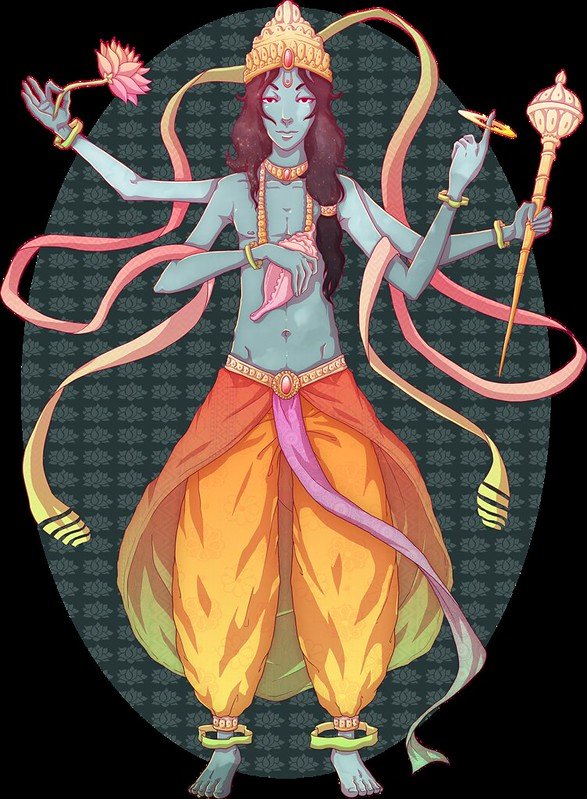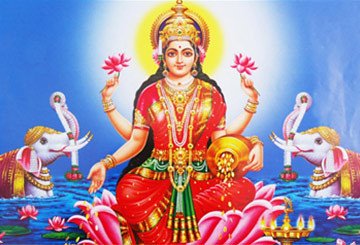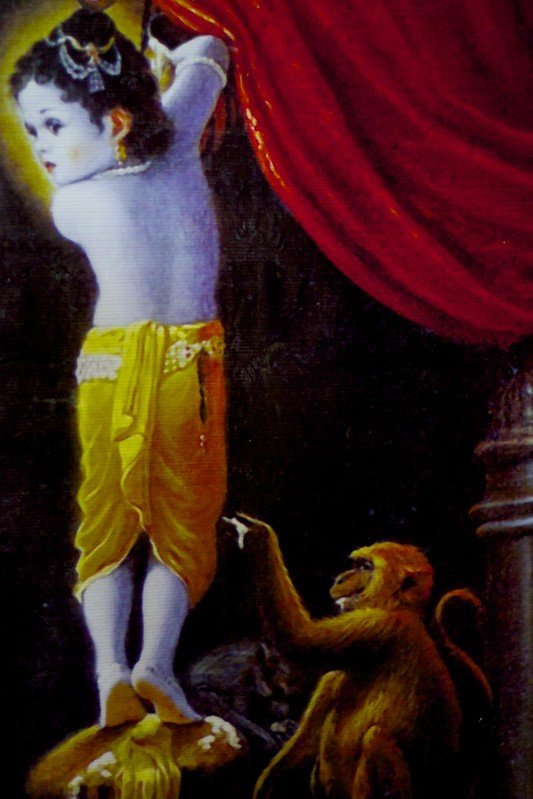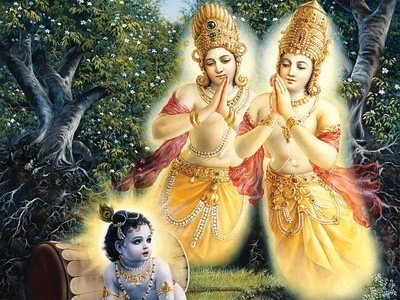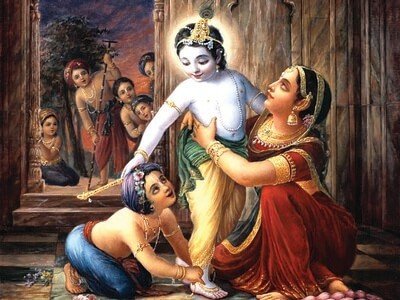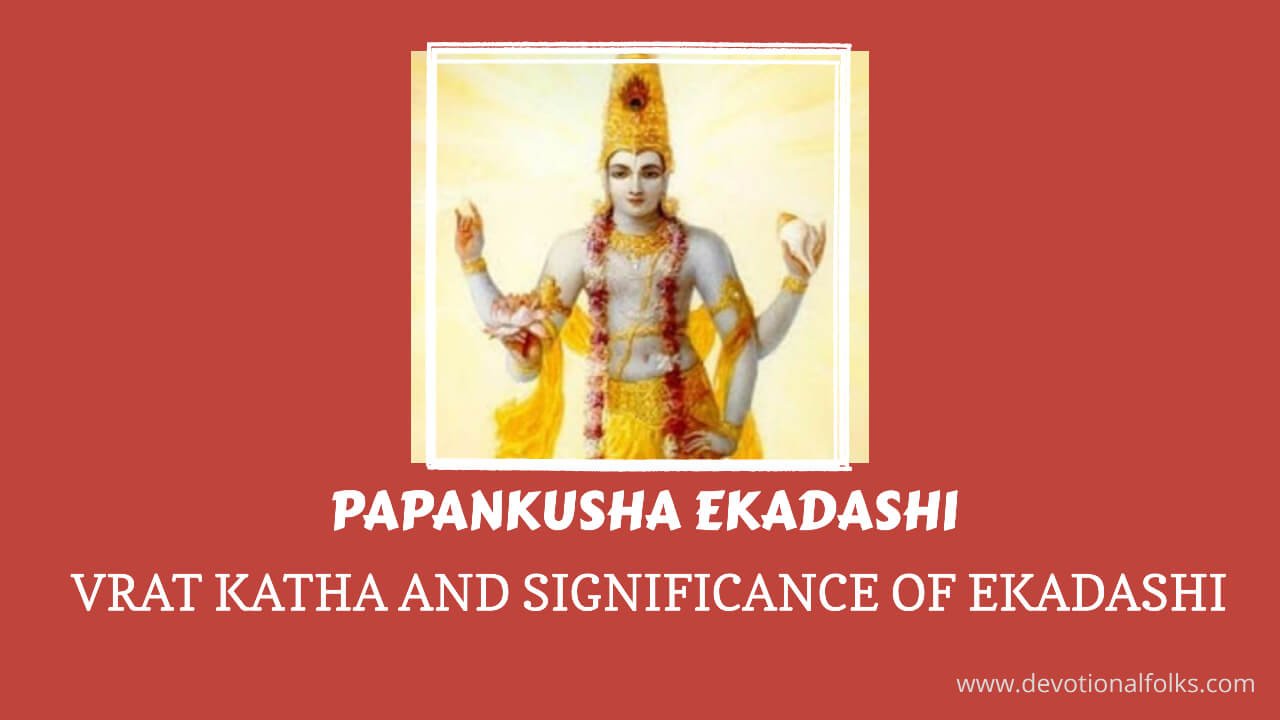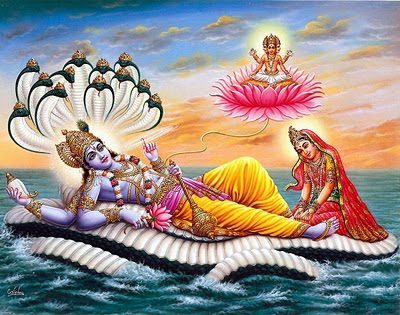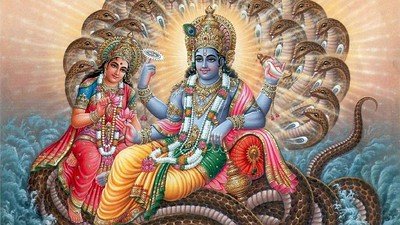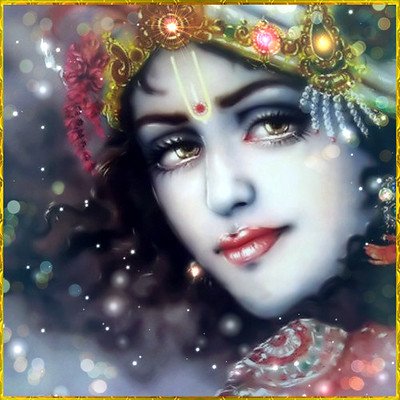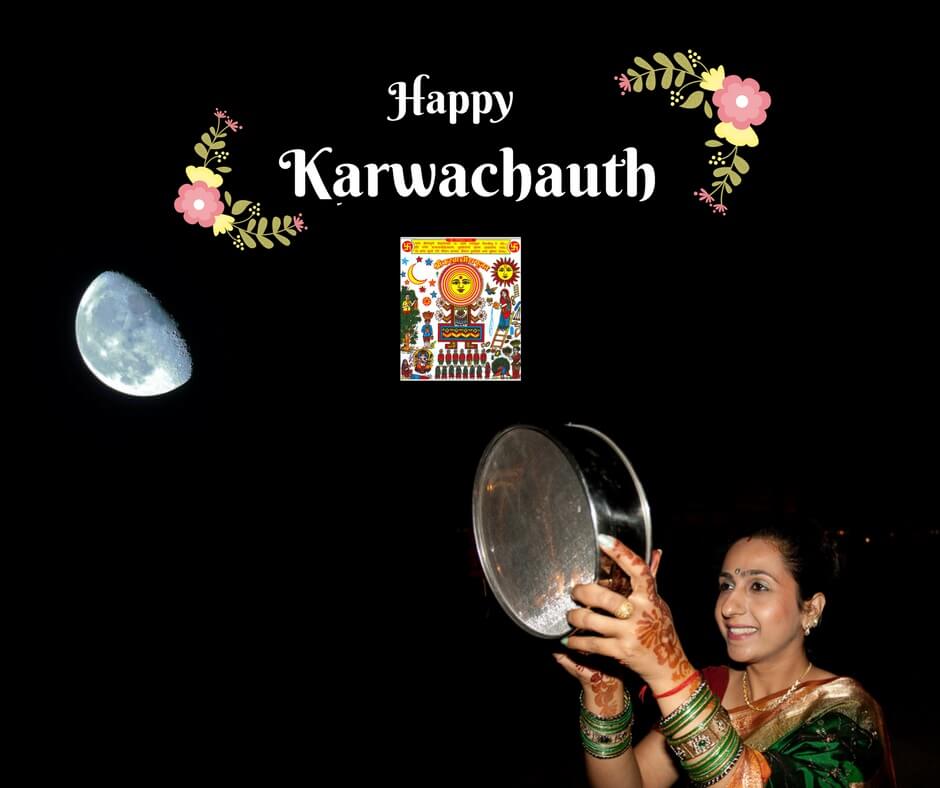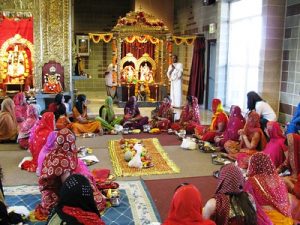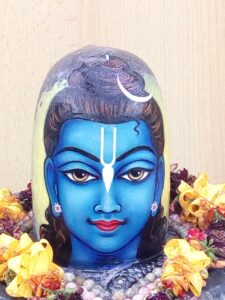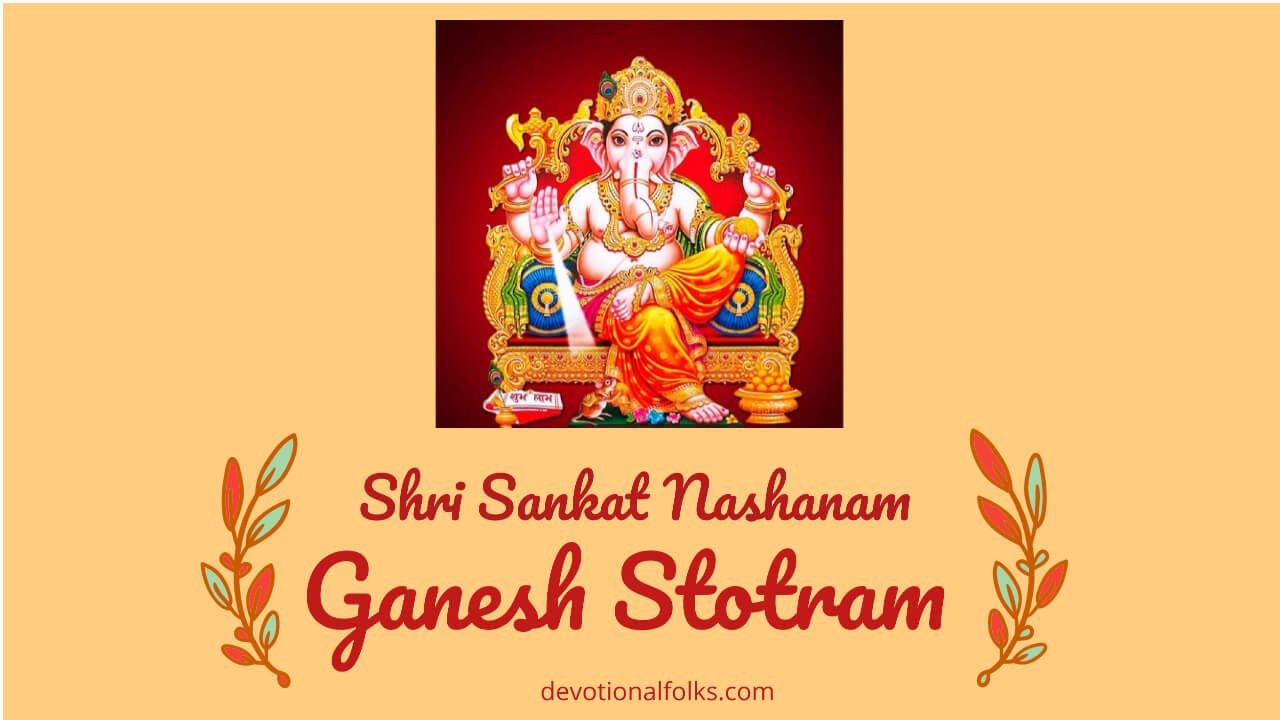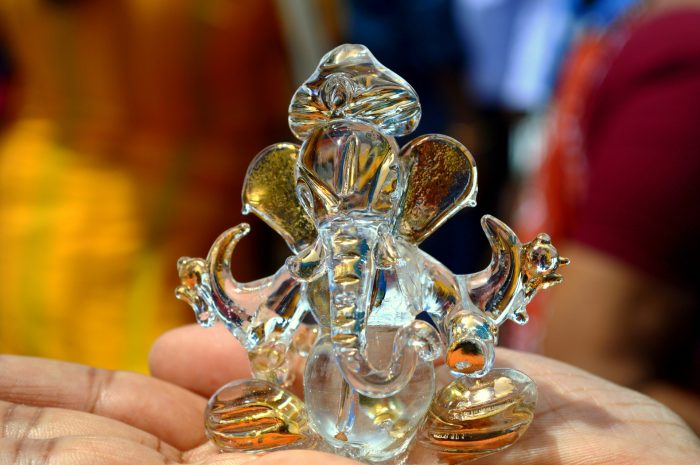Dhanteras or Dhantrayodashi is the first day of the five-day-long festival of Diwali. This time It is falling on 13th November. Here we have covered you with Dhanteras significance, pooja vidhi, and mantra to please Dharmraj Yama, Goddess Lakshmi, and God of wealth Kuber.
Hindus worship Yama, Kubera the lord of wealth, and Goddess Lakshmi and Dhanvantari on Dhan Teras.
As the name suggests, This day is considered very auspicious for buying gold, silver, utensils, household items, and vehicles. Buying these items on Dhanteras brings fortune and an abundance of wealth.
Significance of Dhanteras or Dhan Tryodashi
Dhanteras falls every year on the thirteenth lunar day of Kartik month in Krishna Paksha. This year we will celebrate this day on Tuesday, 2nd November 2021.
Dhantereas is a very important day because this day, Goddess Lakshmi, along with Kubera and Dhanvantri emerged from the Samudra Manthan.
To seek blessings from Yamaraj, People light diyas to ward off death-related fear.
As per Bhagvat Purana, Lord Dhanvantri, an incarnation of Lord Vishnu emerged from the sea during Samudra Manthan. He came out from the ocean, holding a pot filled with nectar or Amrita Kalash. He is the father of Ayurveda, so invoking Lord Dhanvantri on this day wards off health-related problems and blesses the devotees with good health and disease-free life. Hindu devotees buy utensils on dhanteras, because Lord Dhanvantri emerged with the nectar-filled pot on this day.

To seek the divine grace of Goddess Lakshmi, devotees decorate their homes and offices with toran, and rangoli to welcome Goddess Lakshmi. Lord Kubera also worshiped for attaining wealth and prosperity.
Dhanteras Pooja Vidhi and Mantra
Dhanteras pooja mostly consists of lighting diyas to please Lord of death Yama and to attain blessings from goddess Lakshmi, Dhanvantri, and Lord Kubera.
Yama Poojan for Dhanteras

In the evening, fill the diyas with sesame or till Oil and worship this diya with dhoop and gandh. After that, keeping your face in the south direction, invoke Lord Yama with this Mantra –
मृत्युना दण्ड पाशाभ्यां कालेन श्यामया सः | त्रयोदश्यां दीप दानात् सूर्यजः प्रीयतां मम ||
Mrityunaa dandpashbhayam kalen shyamayaa sah | Tryodashyam deepdanaat suryajah priyataam mam ||
Afterward, light the diyas in the name of Lord Yama to get protection against the untimely death of family members.
Lakshmi Poojan

People who want good business and wealth, worship goddess Lakshmi to attain desired results. On the day of Diwali, Lakshmi pooja is more auspicious. Shubh muhurat for Lakshmi pooja on Dhanterad is after paradosh kalam.
For welcoming Lakshmi in your home, factory, and office, decorate the main door with toran and colorful Rangoli, draw Maa Lakshmi’s footsteps from rice flour and Kumkum. Offer sweets, incense, flowers, and do shodshochar pooja, then invoke Maa Lakshmi with this mantra-
ॐ श्री महालक्ष्म्यै च विद्महे विष्णु पत्न्यै च धीमहि तन्नो लक्ष्मी प्रचोदयात् ॐ ।।
Om Shree Mahalakshmyai Cha Vidraahe Vishnu Patrayai Cha Dheemahi Tanno Lakshmi Prachodayat Om ||
For wealth and prosperity, Keep one big diya with four mouths (chaturmukhi) on a heap of grains at your doorsteps. Make swastika sign on the diya and offer incense, jaggery, coriander seeds, split moong dal and kaudi. Keep kaudi, coin and batasha inside diya. Make sure that diya does not get extinguished in the night. It should burn the entire night. The next day, this kaudi should be kept in a cash box to attract money.
Kuber Poojan

For this pooja, Make offerings of flowers, incense, diya, fruits, and sweets to Lord of treasury Kubera to seek his blessings. Chant this mantra 108 times –
ॐ यक्षाय कुबेराय वैश्रवणाय धनधान्याधिपतये धनधान्यसमृद्धिं मे देहि दापय स्वाहा॥
Om Yakshaya Kuberaya Vaishravanaya Dhanadhanyadhipataye Dhanadhanyasamriddhim Me Dehi Dapaya Svaha॥
Enjoy the festival with full fervor and enthusiasm and chant these mantras to get the grace of Divinities.
Some people write the name of Ram on their home temples and also make Shubh Labh sign on their account books.
We wish you a Happy and Prosperous Diwali 2021.
You may also like to read Lakshmiji Ki Aarti lyrics


